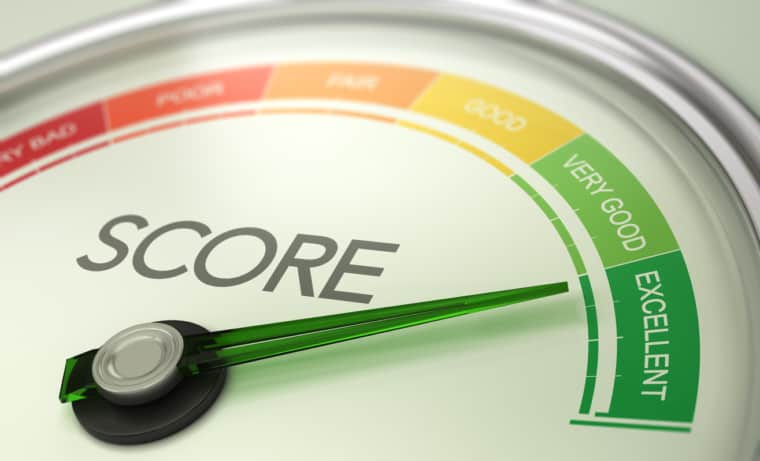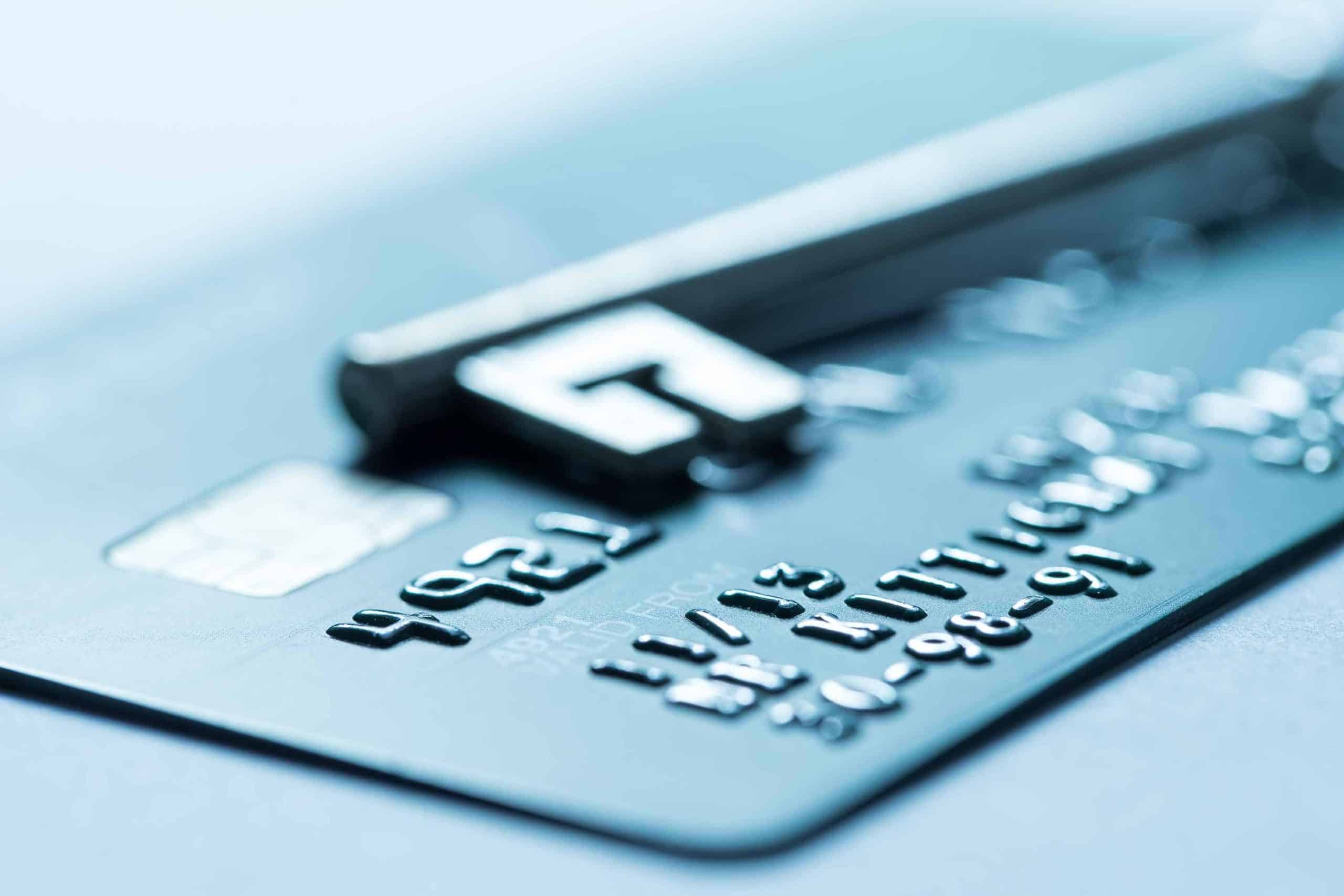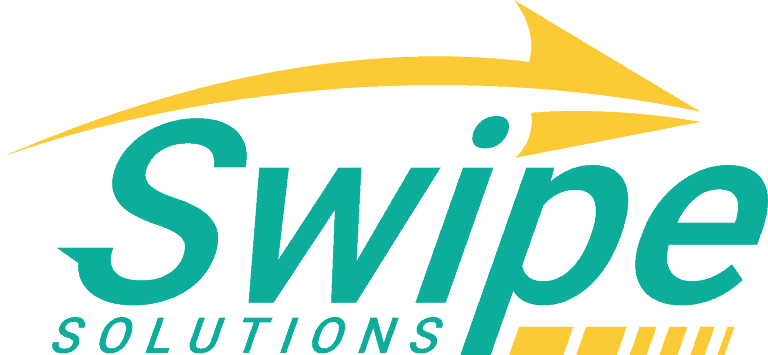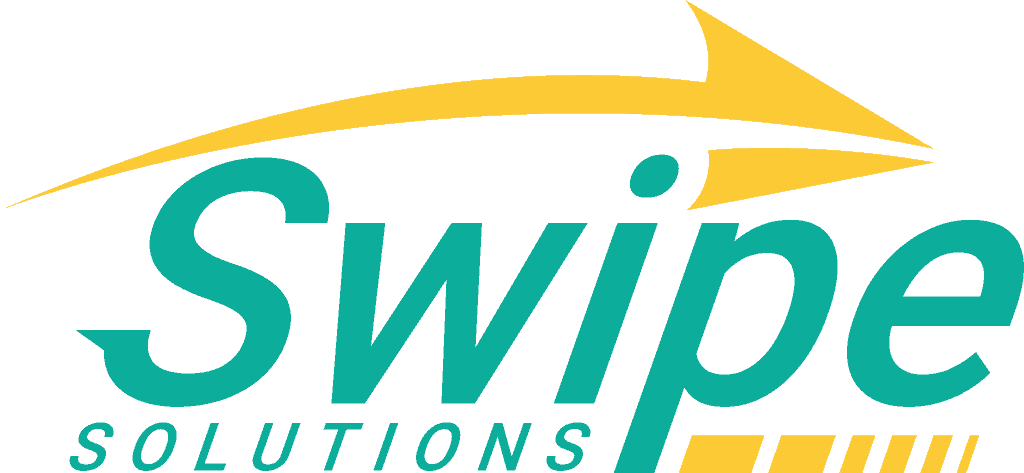Taking out a personal loan can be a helpful way to make a big purchase, consolidate your debt, or strengthen your credit history. Getting approved is not always easy, though. Lenders take a number of factors into consideration when you apply for a loan, and there’s never a guarantee that you’ll be approved. You can improve your chances of approval by strengthening your financial situation.
Factors that Affect Loan Eligibility
Every loan and lender have different requirements for eligibility. However, almost all lenders will consider the following five factors when deciding whether or not to approve your request:
Income

Virtually every lender requires the borrower to prove that they have a steady income. If you don’t have money coming in consistently, the bank will not trust that you’ll be able to make monthly loan payments.
Some banks will accept any amount of income for a smaller loan. Larger loans will typically require a certain minimum income. You should be prepared to show the lender recent pay stubs or other financial records to prove that you have the required income.
Employment
Like with proof of income, lenders usually ask for proof of employment so that they know you have steady work and can make the monthly payments.
Lenders may ask for a copy of your W-2 as proof of employment. If you’re self-employed, it may be more difficult to get approved for a loan. The lender may look more closely at your other financial records to verify your income.
Credit History

Your credit score tells lenders whether or not you’ve been a trustworthy borrower in the past. Many loans have specific minimum credit score requirements.
The most important factor in your credit score for loan approval is your payment history. If you have several missed payments on your credit report, your chances of getting approved will decrease significantly. A high income and steady employment don’t look as appealing to lenders when they can’t be sure you’ll actually make the payments. Fortunately, some lenders offer a bad credit loan that can provide you with some funds and give you an opportunity to boost your credit score.
Loan Security

While a secured loan lets you pledge collateral for the money you borrow, an unsecured loan has no collateral attached. Unsecured loans usually require a better credit history than secured loans.
You can get both secured and unsecured personal loans. To get approved for a secured loan, you can offer money in a savings account, a paid-off vehicle, or other valuable property as collateral, but you risk losing the asset if you are unable to pay the loan. Your chances of being approved for a loan increase dramatically when you’re able to offer something as collateral.
DTI
Your DTI, or debt-to-income ratio, is your total monthly debt payments compared to your monthly gross income. This helps lenders understand how much of your income goes toward paying off debt, which lets them determine whether you can handle another loan.
A DTI of 40 percent or more is considered by the Federal Reserve to be a sign of financial stress, so lenders don’t typically approve loans if the applicant’s DTI is much higher than 40 percent. However, if you have a strong payment history and are otherwise a good candidate for the loan, they may approve your application anyway.
Tips for Increasing Your Eligibility
You can increase your loan eligibility by improving any of the five factors the lender will consider. This takes time, but it will make a wider selection of loans available to you at lower interest rates. Here are some tips for improving your eligibility factors:
Add Other Income Sources
If your employment income is the limiting factor for your loan eligibility, you may be able to add other types of income. Consult with the loan officer to see if other income sources are eligible to be included on the application.
This could include the following types of income:
- Alimony or child support
- Cash tips
- Disability income
- Capital gains
- Interest and dividends income
- Retirement or pension
Different lenders have different policies on what they consider to be your income. However, if you have one or two other sources of money in addition to your job, listing them on the application may make you eligible when you otherwise wouldn’t be.
Reduce Your DTI
Getting your DTI below 40 percent will greatly increase your chances of being approved for a personal loan. You can do this by either increasing your income or lowering your debt, but targeting the debt is usually easier.
If possible, make more than the minimum monthly payments on your existing debts. Some people prefer to pay off their highest-interest debt first, and others prefer to target their debts from smallest to largest. Another option is to pay off the debt that has the highest monthly payment, which can make a big difference in your DTI. If you can only make minimum payments, look into doing a balance transfer or refinancing your debt for a lower interest rate.
Compensate for a Low DTI
You may already be doing everything you can to pay back your debt, so decreasing your DTI isn’t an option. In this case, you can try to build up compensating factors that may make lenders forgive the high DTI.
A high credit score and a strong payment history are great ways to compensate for your DTI. If lenders see that you consistently make payments, they’ll be more likely to trust that you can handle another loan. Being with your current employer for more than five years is a good sign to lenders, too, because it proves steady income. You also may get approved if you have a large cash reserve or an asset to pledge as collateral.
Open a Checking Account With the Lender
Having a history with the lender is an excellent way to get approved for a loan. Opening a checking account with the bank will give them more information about your financial history, and they may be more likely to approve your application because they want you to remain a happy customer.
Opening an account with the lender can also be a risky move if you have a habit of overdrawing your account. To get approved for a loan, your banking history should prove that you’re responsible with your finances.
Use a Co-borrower
If you need to get approved quickly, using a co-borrower may be your best option. A co-borrower’s income and credit history will be used to qualify, so it’s a fast and straightforward way to increase your loan eligibility.
For you to be approved, your co-borrower must meet the minimum requirements set by the lender. Your co-borrower’s name will be listed on the loan, and they will be obligated to pay the debt if you cannot. Because you and your co-borrower share this responsibility, you should choose someone you trust and who trusts you.
Final Thoughts
There is no such thing as guaranteed approval for a personal loan. Even a bad credit loan will have have minimum qualifications, so you should be prepared to report your income, employment history, credit score, and debts when completing a loan application. Fortunately, there are several ways to improve your chances of being approved. It may take some time to build up your qualifications and to shop around for the best loan option, but with some smart financial planning, you can find a lender that fits your needs.
What steps have you taken to increase your loan eligibility?


